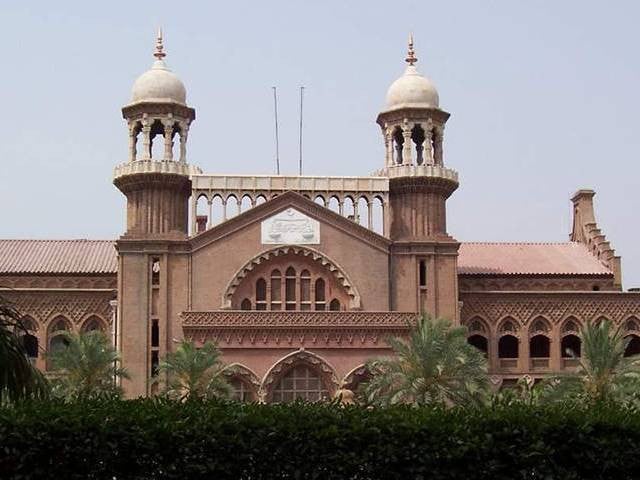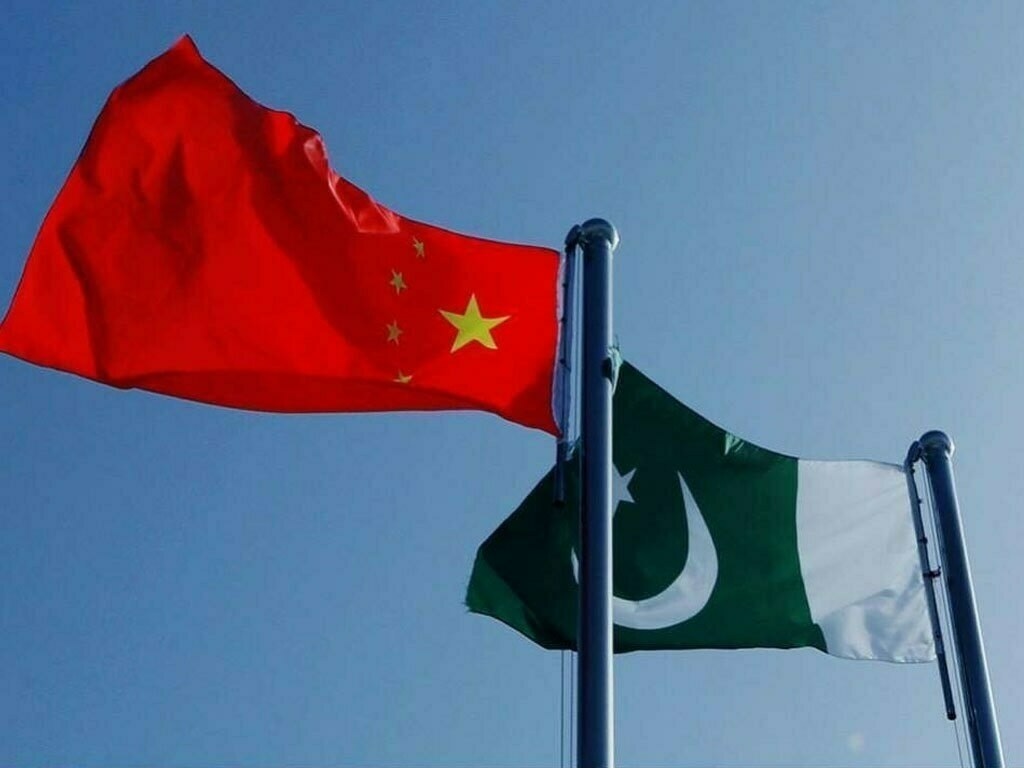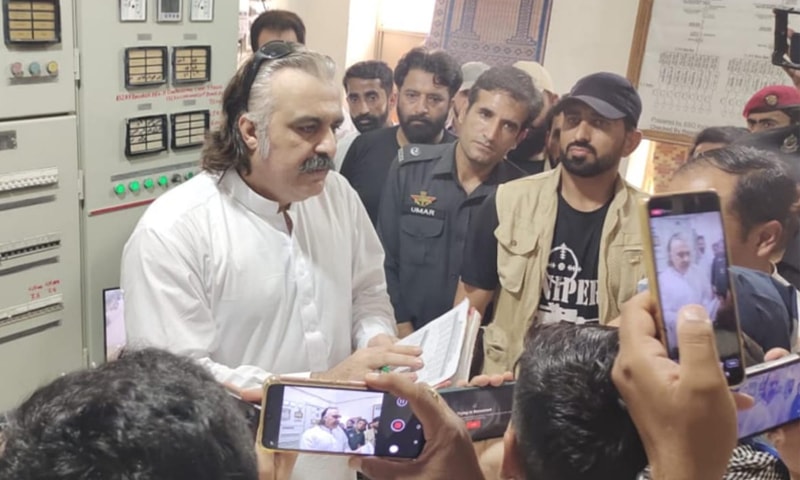The Punjab Defamation Law, 2024, recently passed by the Punjab Assembly, has sparked significant controversy and is now facing a legal challenge in the Lahore High Court (LHC). Advocate Nadeem Sarwar filed a petition against the law on Saturday, naming the chief minister, governor, and the Punjab government as respondents. The petition asserts that the law contradicts the constitution and existing defamation ordinances and acts, alleging that it was enacted without proper consultation with journalists, ostensibly to exert control over the media.
The petitioner has called for the court to declare the defamation law ‘null and void’ and to suspend its implementation until the case is resolved. This development followed the recent signing of the defamation bill by the Acting Governor of Punjab, Malik Muhammad Ahmad Khan, officially making it law following its gazette notification.
The Council of Pakistan Newspaper Editors (CPNE) has vehemently rejected the controversial Defamation Bill 2024, denouncing it as a severe threat to press freedom and labeling it a “black law.” The CPNE criticized the bill for being hastily passed without adequate deliberation, claiming it establishes a parallel judicial system and grants self-styled tribunals the power to impose exorbitant fines ranging from Rs3 million to Rs30 million.
In a strongly worded statement, the CPNE expressed deep concern that the bill would endow the administration with unchecked power to silence dissenting voices. “Under no circumstances will the CPNE accept such draconian legislation and stands ready to protest alongside other journalistic organizations,” the statement read. The organization underscored its commitment to opposing any legislation that threatens the independence of the press and the free flow of information.
Adding to the controversy, the Pakistan People’s Party (PPP), a key ally of the ruling Pakistan Muslim League-Nawaz (PML-N), has decided to distance itself from the PML-N over the legislation amidst growing pressure. Ali Haider Gilani, the parliamentary leader of the PPP in the provincial assembly, expressed his disappointment over the lack of consultation regarding the Punjab Defamation Bill, 2024. Gilani lamented that the PPP was neither consulted nor informed about the bill’s passage, emphasizing that the party had no desire to be associated with such contentious legislation. Consequently, PPP members were instructed to abstain from attending the session on the day the bill was approved.
The opposition from the PPP highlights the deepening political rift and the growing discontent with the PML-N’s approach to passing the defamation bill. The PPP’s stance reflects a broader concern that the bill could be used as a tool to stifle political dissent and control the narrative in the media.
Journalists and media organizations have raised alarms about the potential implications of the new law, arguing that it could severely curtail press freedom and the ability to report independently on matters of public interest. The law’s provision for hefty fines is seen as a means to intimidate and financially cripple media outlets that dare to challenge the government or report on corruption and malfeasance.
The legal challenge in the LHC represents a critical juncture for the future of press freedom in Punjab. As the court reviews the petition, media organizations, political parties, and civil society will be closely watching the proceedings. The outcome of this case could set a significant precedent for the protection of journalistic freedoms and the broader democratic principles of free speech and accountability.
The Punjab Defamation Law, 2024, continues to be a flashpoint for debate, reflecting the ongoing struggle between government authority and the rights of a free press. The unfolding legal battle and the response from various stakeholders underscore the importance of safeguarding democratic values and ensuring that legislation serves the public interest rather than suppressing it.




